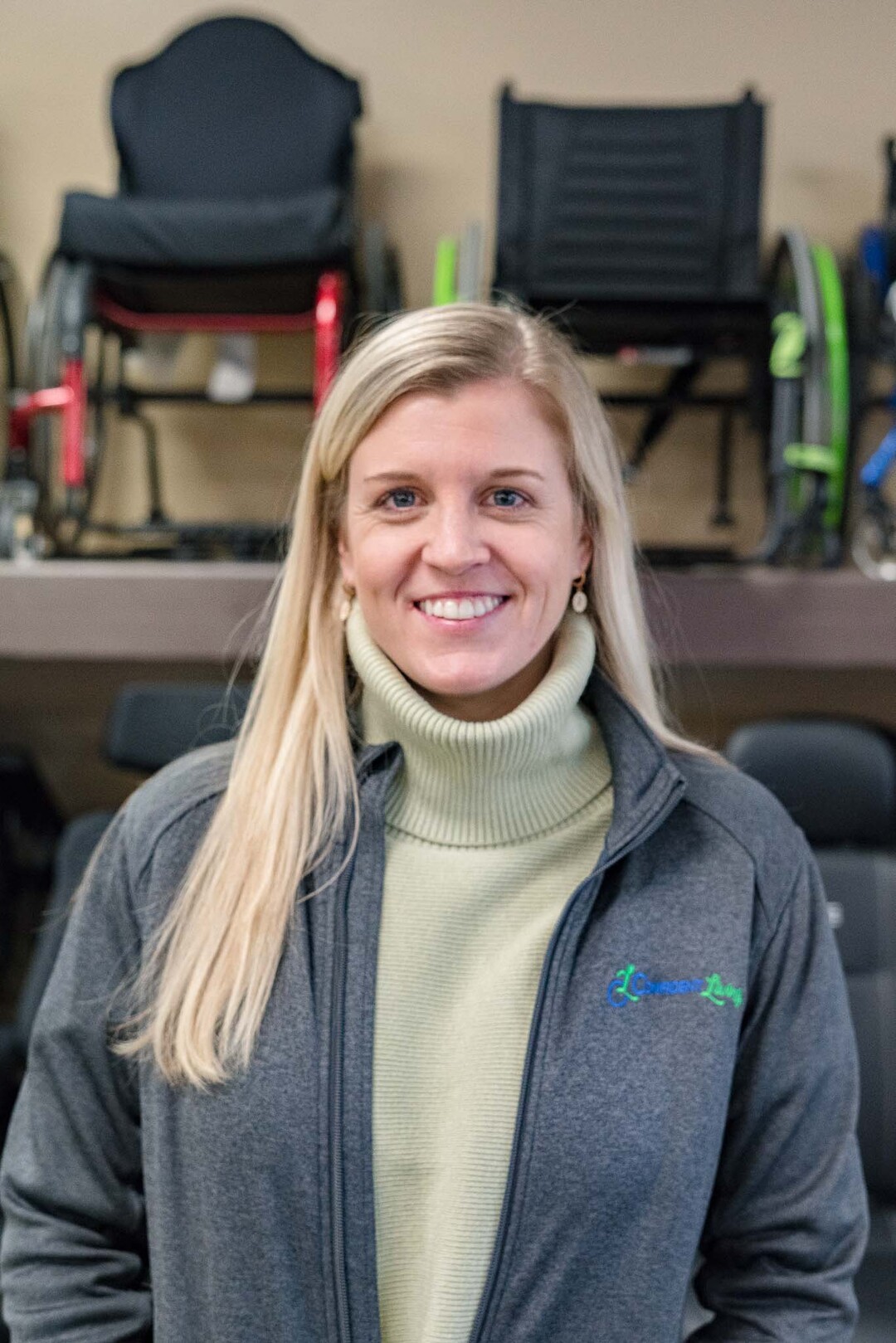Speech Therapy
At Confident Living, our Speech Language Pathologist relies on comprehensive assessment, evidence-based practice, client-focused functional goal setting and treatment planning, and collaboration with all disciplines involved in your care to provide the highest quality therapy services. We strive for a balance of therapeutic exercises, client and family training/education, and a client-specific home exercise program to make the most of your time and reach your personal goals successfully.
Our SLP provides treatment for speech disorders, language disorders, cognitive-communication disorders, swallowing impairments, voice disorders and social communication disorders to the adult population suffering from neurological injury, change/decline, or progressive neurological condition. Please see below for a detailed list of impairments and populations we serve.
Language disorders can result from any acquired brain injury such as stroke, TBI, anoxia, or progressive neurological conditions such as ALS, Parkinson's, Progressive Primary Aphasia, Dementia, and Mild Cognitive Impairment.
Commonly called Aphasia, this can include difficulty in word finding, verbal expression, verbal and written comprehension, reading, writing, conversational breakdowns, and may result in the need for Alternative and Augmentative Communication (AAC).
Our SLP team at Confident Living specializes in the evaluation and fitting of appropriate communication devices to adults in need. This includes no-tech, low-tech, and high-tech devices to any population or individual that requires assistance with verbal expression and independence in their functional lives. We strive for a multidisciplinary approach to appropriately fit the device to all ambulatory and non-ambulatory individuals and make access to the device a seamless transition.
Speech Disorders can result from any neurological injury, change, or progressive condition and can manifest as slurred speech (Dysarthria) or difficulty with motor planning of sounds and combination of sounds to be adequately understood (Apraxia).
Cognitive Communication Disorders can include deficits in memory, attention, organization and planning, reasoning, problem solving, executive functioning, and cognitive endurance. These deficits can be seen following neurological trauma including stroke, TBI, anoxia, encephalitis, and in progressive neurological diseases including ALS, Parkinson's, MS, Dementia, Primary Progressive Aphasia, and Mild Cognitive Impairment.
Commonly called Dysphagia, swallowing disorders can result following any neurological trauma or illness, as well as following head and neck cancer, esophageal deficits, severe GERD, and with any breathing disorder. Dysphagia can also be seen in congenital disorders such as Cerebral Palsy, Autism, and Down Syndrome as these populations age. Dysphagia can present as difficulty chewing or controlling food in the mouth, pocketing, coughing/clearing during consumption of food, or requiring texture modifications and compensatory strategies to maintain safety while eating.
Changes in vocal quality, volume, or vocal cord function are classified as voice and resonance disorders but also include laryngectomy and use of speaking valves with tracheostomy. This can result from a number of disorders and injuries but can also be a result of environmental hazards and poor vocal habits that lead to Muscle Tension Dysphonia, Vocal Nodules, Vocal Fold Paralysis, and more.
Respiratory difficulty due to congestive heart failure (CHF), heart disease, COPD, Cerebral Palsy (CP), and other diagnoses can result in difficulty coordinating respiration for speech and swallow. Such difficulty can result in decreased volume, decreased vocal endurance, and difficulty coordinating swallow function.





